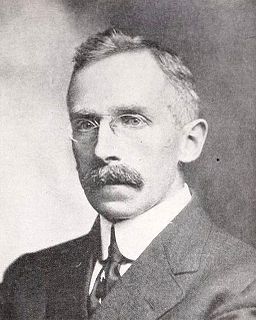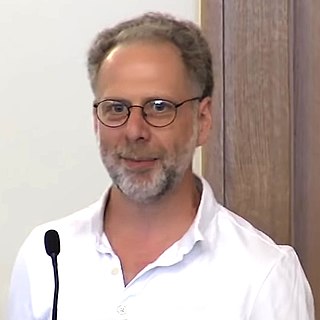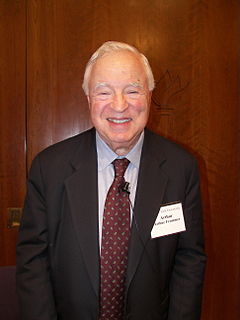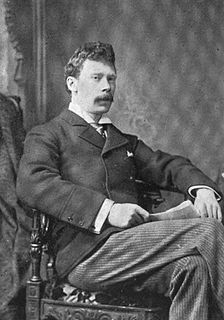A Quote by James Harvey Robinson
Few of us take the pains to study the origin of our cherished convictions.
Related Quotes
Come to us and quackle and quank. Relieve us of our stirrings With your fangs so sharp and bright Take this blood that's always purring. Through our hollow bones it flows To each feather and downy fluff. Quell the terrible, horrid urge that so often prinkles us, Still our dreams, make slow our thoughts Let tranquillity flood our veins. Come to us and drink your fill So we might end our pains. - The Owls at St. Aegolius calling to the bats
Let us, at any rate, give heed to suffer joyfully the crosses that God sends us, because they all, if we are saved, will become for us eternal joys. When infirmities, pains, or any adversities afflict us, let us lift up our eyes to heaven and say, "One day all these pains will have an end, and after them I hope to enjoy God forever."
Suffering invites us to place our hurts in larger hands. In Christ we see God suffering – for us. And calling us to share in God’s suffering love for a hurting world. The small and even overpowering pains of our lives are intimately connected with the greater pains of Christ. Our daily sorrows are anchored in a greater sorrow and therefore a larger hope.
Anxieties about ourselves endure. If our proper study is indeed the study of humankind, then it has seemed-and still seems-to many that the study is dangerous. Perhaps we shall find out that we were not what we took ourselves to be. But if the historical development of science has indeed sometimes pricked our vanity, it has not plunged us into an abyss of immorality. Arguably, it has liberated us from misconceptions, and thereby aided us in our moral progress.
Give us detailed, testable, mechanistic accounts for the origin of life, the origin of the genetic code, the origin of ubiquitous bio macromolecules and assemblages like the ribosome, and the origin of molecular machines like the bacterial flagellum, and intelligent design will die a quick and painless death.
Paper after paper, study after study, have shown that chairs give us back problems because they shorten our hip flexors, give us weak backs, of course it make us sedentary. We take years off our lives probably by sitting in chairs, but we like them because they're comfortable. You go to an African village, you find me a chair with a back. That's a rare thing out there.








































